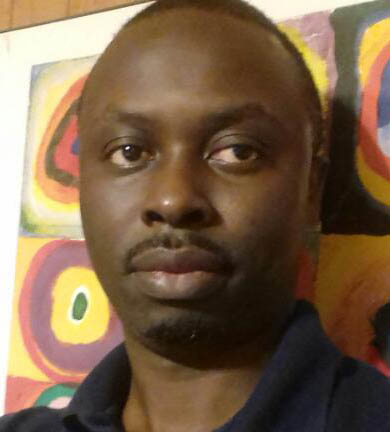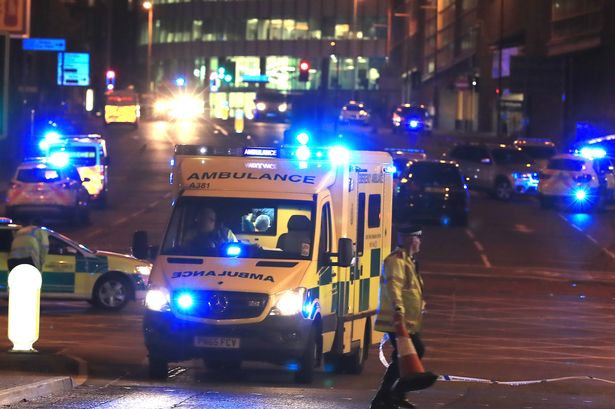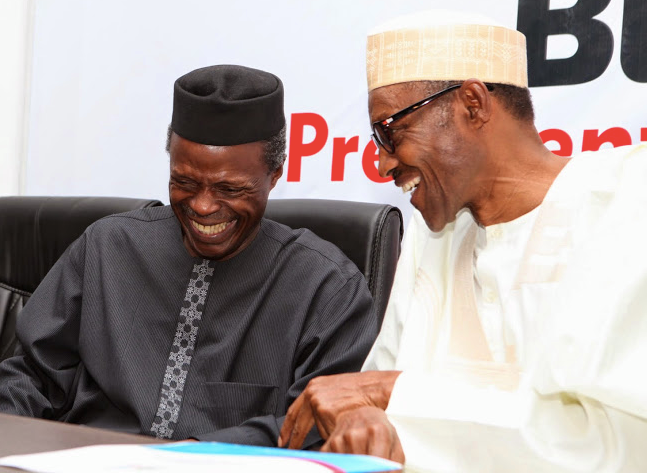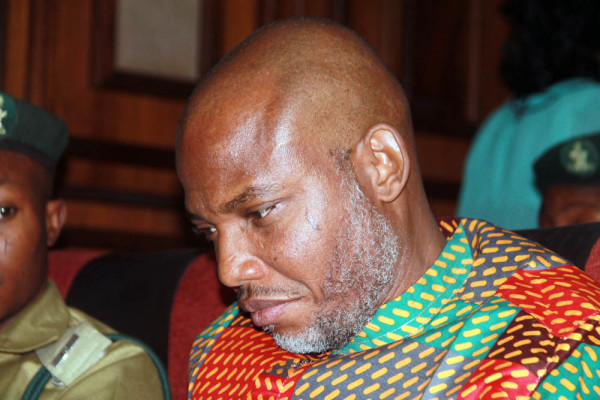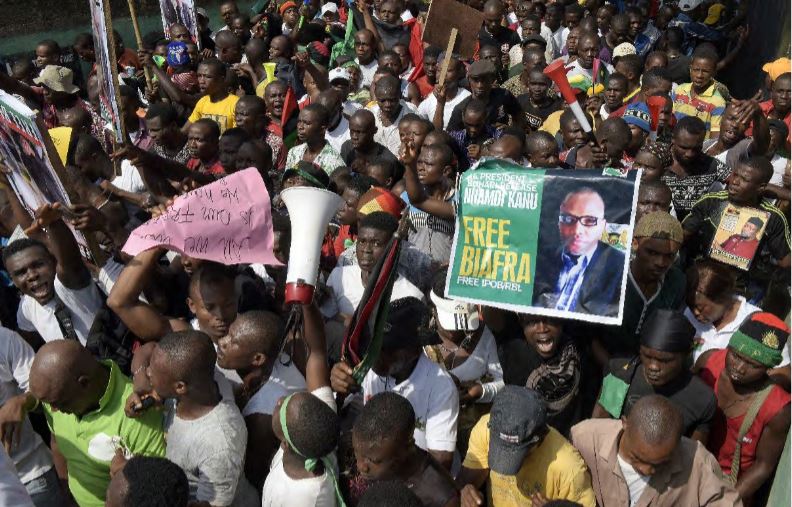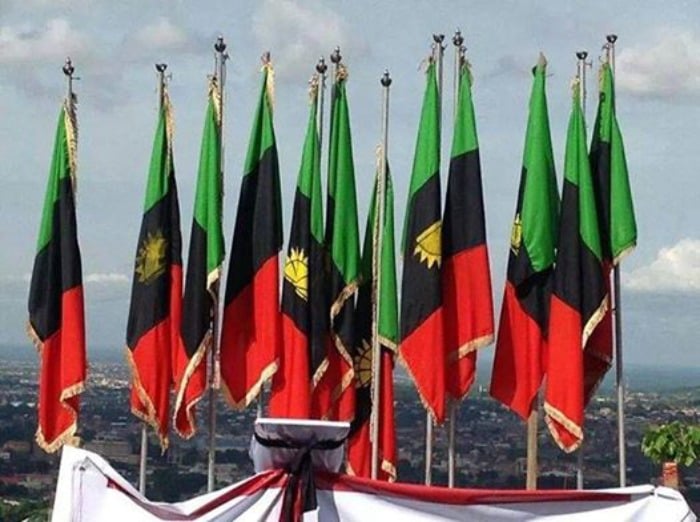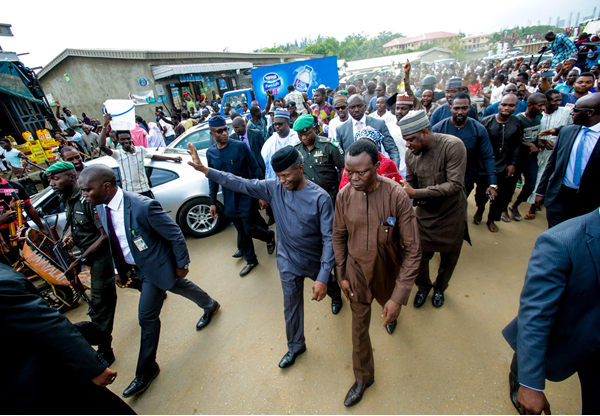In the British city of Manchester, the blue sky first faded to gray, then black. It was a bad day for Britain.
On Monday, a lone suicide bomber, Salman Abedi, killed 22 concert-goers at an arena packed with young people. The joy of many children and the good memory of a night changed instantly. Arianna Grande, the 23-year-old singer who’s an inspiration to many young girls had her night ruined. It was a horrific day for Britain and the rest of the world as we saw victims rushed out of the arena in horror. Sad is the word.
But the British Prime Minister did her best for her country. She called everyone to unite behind a cause: defend “Britain’s unity” and “see the best out of the worst.”
Her statement on the terrible attack was grand. “While we experienced the worst of humanity in Manchester last night,” May said, “We also saw the best.”
Advertisement
“The cowardice of the attacker met the bravery of the emergency services and the people of Manchester. The attempt to divide us met countless acts of kindness that brought people closer together.
“And in the days ahead, those must be the things we remember.
“The images we hold in our minds should not be those of senseless slaughter, but of the ordinary men and women who put concerns about their own safety to one side and rushed to help.
Advertisement
“Let us remember those who died and let us celebrate those who helped, safe in the knowledge that the terrorists will never win — and our values, our country and our way of life will always prevail,” she concluded.
Can Nigeria, a country with persistent suicide bombing borrow from Britain’s crisis communications plan?
It is a salient fact that terrorists thrive where there’s division and unfounded fear.
Sadly, this is what Nigerian government and political elites know how to do best.
Advertisement
The military, presidency, political parties, businessmen, community and religious leaders, all hire different spin doctors to move in a whirling motion to engage in acrobatic media fight firing on all cylinders and encouraging terrorists to continue the carnage. This must stop!
What else? The morning after the Manchester attack, an appeal fund was initiated by The Sun newspapers tagged “The Sun’s Together with Manchester Appeal”. We’ve never seen that happened in Nigeria since July 2009, when Boko Haram bared its fang on Nigerians. Never!
In just one day, the appeal initiated to support families of the victims of the suicide nail bombing got a corporate donation of £100,000 from News UK, publisher of The Sun. Can the media in Nigeria follow this path rather than be in bed with political interest in times of crisis?
Surprisingly, the appeal launched on justgiving.com, a popular fundraising platform in England, has a Nigerian name, Abolanle Bisiriyu, as one of the donors.
Advertisement
We saw the spirit of Britain not in words, but in action. Political campaigns for general election were suspended immediately by all political parties without acrimony.
From this, my take away is that with right leadership everywhere in Nigeria, “our values, our country and our way of life will always prevail” as May said.
Advertisement
In Nigeria, multiple bombs have gone off since five commanders of Boko Haram were released from Nigerian prisons in exchange for 82 of the Chibok schoolgirls on May 7.
In fact, four internally displaced persons, (IDPs) in Dalori-1 Camp of Maiduguri, Borno State, have been beheaded by the Boko Haram since the exchange happened.
Advertisement
The University of Maiduguri has been attacked twice and there was a reported attack on army formation as well, yet for politicians it is nothing more than a game of chess, where every character is a piece in a grand board; make your move, kill other pieces, and get killed, in turn until a survivor becomes a king.
In the series I wrote in the last two weeks, I mentioned how we have turned victims of terrorism in our country to mere statistics without truly reaching out to them. I mentioned how the Nigerian media follow the government frame of war on terror solely for its politics and profits.
Advertisement
As ethics comes into everything we do, the clear and compelling argument made by Susan Moeller—a professor of media and international affairs at the University of Maryland, College Park, United States—in her well-researched book, “ Packaging Terrorism: Co-opting the news for Politics and Profits” makes much sense.
Moeller fittingly questioned the relationship between the media and politicians in reporting terrorism stating the obvious that making the campaign against terrorism a theatre of sort that favours political interest rather than looking at the trauma experienced by the victims does no good to the public.
But in a private conversation I had with David Otto, a counterterrorism expert with knowledge of Africa, United Kingdom, and Europe, the politics of terrorism in Nigeria continues to create a gulf in communities and among religious groups instead of uniting everyone.
The setback according to Otto revolves round the idea of “cherry-picking” the captives to be liberated from Boko Haram.”
I posed three questions to Otto on the politics of terrorism in Nigeria. To my inquiry Otto said: “The biggest setback is the emphasis of cherry-picking captives and differentiating priority between those seen as ‘Chibok Girls’ and other thousands of captives who don’t make that ‘golden’ category.
“The effect of that is counterproductive and pushes those in captivity to become delusional, frustrated and adopt into the insurgency.
“At the very beginning of the talks and continuously, we discouraged the idea of selecting or swapping Chibok girls or captives- it was and it is a bad idea as it gave Boko Haram the upper hand to bargain. It was a matter of ‘ what is mine is mine, what is yours is negotiable.”
True, anytime we hear of an escapee from the den of Boko Haram or a group of victims liberated by soldiers, the first question is “are they Chibok girls?”
Indeed, after the military rescued hundreds of women and girls last year, one person who was around during the profiling told me that the main question was “Who is from Chibok?”
That will be in the opposite for what New York Times opened its editorial with on Wednesday after reviewing comments on the Manchester attack. “Every victim of terrorism is innocent,” The New Times wrote, “everyone is to be mourned.” I agree.
Follow me on twitter: @adeolaakinremi1
Views expressed by contributors are strictly personal and not of TheCable.
Add a comment
